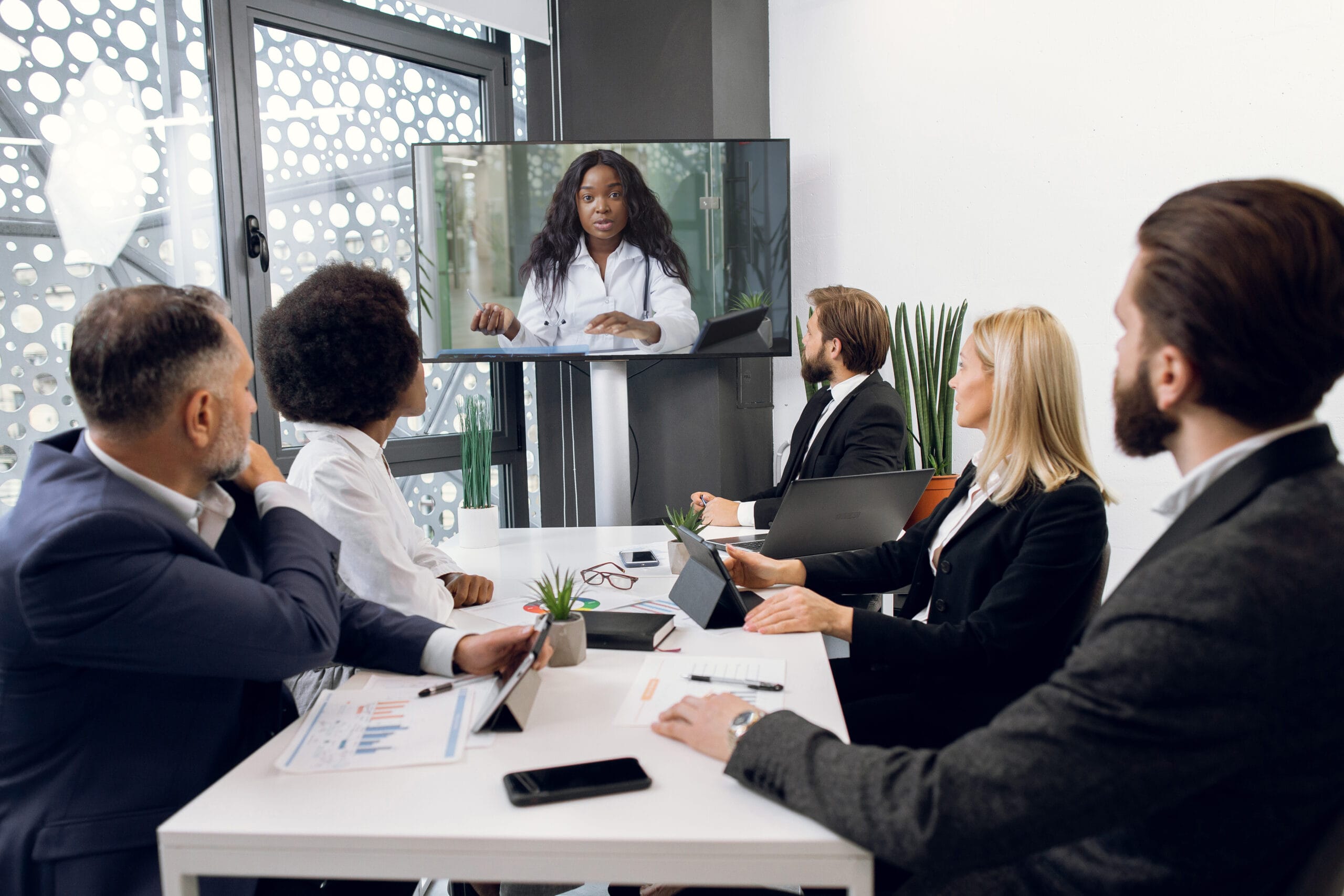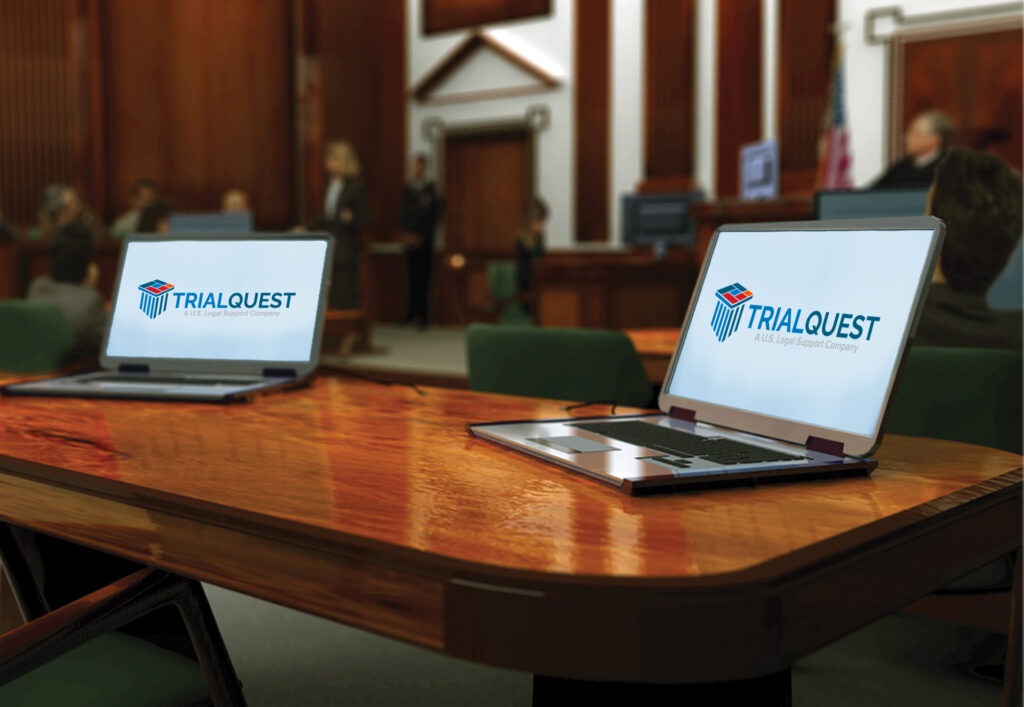Exactly How Test Presentations Enhance Your Argument and Convince Jurors
Trial discussions function as a crucial mechanism for enhancing lawful arguments and convincing jurors. By incorporating aesthetic aids, narrative frameworks, and psychological involvement, lawyers can create a compelling situation that resonates on numerous levels. The strategic use visuals not only makes clear intricate information however additionally captures jurors' attention better than words alone. However, the art of storytelling plays a just as critical function in changing accurate proof right into an engaging narrative, shaping jurors' perceptions - trial presentations. Understanding these elements can considerably impact trial results, increasing the concern of exactly how each element adds to this complex dynamic.

Value of Aesthetic Aids
Visual aids play an important function in improving the efficiency of trial presentations, as they can considerably enhance audience engagement and retention of details. In the context of a test, where jurors are charged with processing complex information, aesthetic help serve to simplify and clarify bottom lines. Graphes, graphs, and images can share information and ideas that may or else bewilder or confuse jurors, enabling an extra simple understanding of the evidence offered.
In addition, aesthetic aids help in keeping juror interest throughout the procedures. By damaging the dullness of verbal testament, these devices can punctuate essential disagreements, making them much more memorable. Efficient visual help can also stimulate emotional responses, which can be essential in persuading jurors to straighten with the presenter's story.

Crafting Engaging Narratives
A compelling story is vital in test presentations, as it functions as the foundation of effective persuasion. It permits attorneys to weave together realities, evidence, and emotional components into a meaningful tale that resonates with jurors. This narrative structure makes it possible for jurors to understand the complexities of the instance while guiding them with the lawyer's argument.
To craft a compelling narrative, attorneys should focus on clarity and coherence. Additionally, the use of vivid descriptions can develop psychological photos that aid jurors envision the occasions, making the story a lot more unforgettable.
Additionally, incorporating crucial styles throughout the presentation reinforces the core message and help in retention - trial presentations. The story must not only convey information yet additionally evoke a sense of justice, highlighting the risks entailed. Eventually, a well-constructed narrative cultivates a link between the jurors and the case, placing the lawyer's disagreement as both legitimate and compelling, thereby increasing the chance of a desirable decision

Engaging the Court Emotionally
Reliable jury interaction pivots on the lawyer's ability to connect with jurors on a psychological degree. This link can considerably affect jurors' assumptions and their ultimate decision-making.
Visual help, such as pictures or video clips, can even more improve psychological involvement, providing jurors with vibrant representations of the instance's human elements. Crafting a narrative that highlights the struggles and victories of the people entailed makes certain that jurors see beyond the legal disagreements and acknowledge the human repercussions of their choices.
In addition, tone and body movement play a crucial role in conveying emotion. An attorney's enthusiastic distribution can reverberate with jurors, enhancing their emotional investment in the event. It's crucial to balance sob stories with factual evidence, guaranteeing that jurors feel urged to act while continuing to be grounded in the reality. Eventually, a mentally engaged jury is more most likely to be encouraged, making psychological connection an important component of effective test discussions.
Structuring Your Discussion

The body of the discussion ought to be practically segmented into bottom lines, each supported by compelling proof. It is valuable to use storytelling strategies to weave click here to find out more realities into a narrative that jurors can quickly adhere to. Aesthetic aids, such as charts and videos, can improve understanding and involvement, helping to highlight vital items of proof.
Real-World Study
Examining real-world case researches gives very useful understandings into the art of trial discussions and persuasion. The protection team effectively used visit this site a method that integrated high-profile specialist testaments with multimedia presentations, which captivated jurors and inevitably influenced their choice.
An additional noteworthy instance is the "McDonald's Coffee Situation," where the plaintiff's lawyers used visuals pictures of the injuries sustained by Stella Liebeck. trial presentations. This raw visual proof played a critical function in conveying the intensity of her burns, resulting in a substantial jury honor. Such situations demonstrate that impactful test presentations commonly depend upon the reliable combination of visuals and narration to evoke psychological responses from jurors
In addition, the "Casey Anthony Trial" highlighted the value of narrative coherence and integrity. The prosecution's failure to establish an engaging timeline reduced their influential power, underscoring the need of a well-structured discussion. Evaluating these instances discloses that successful trial discussions call for critical planning, emotional involvement, and the capacity to resonate with jurors' click for info values and beliefs.
Final Thought
Test presentations substantially improve disagreements and persuade jurors through the strategic usage of aesthetic help, compelling narratives, and psychological involvement. A well-structured discussion balances emotional allures with valid proof, eventually resonating with jurors' worths.